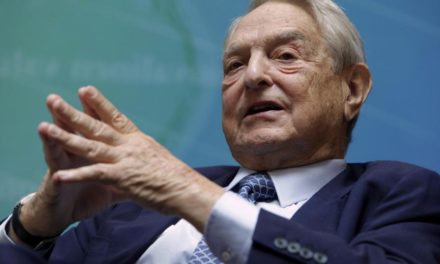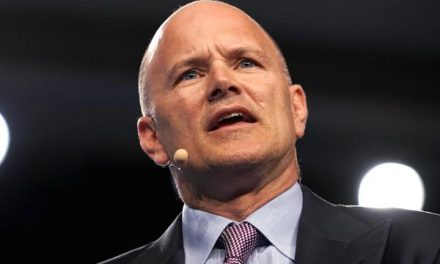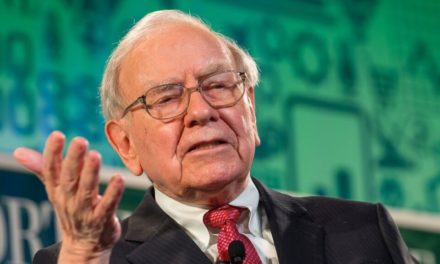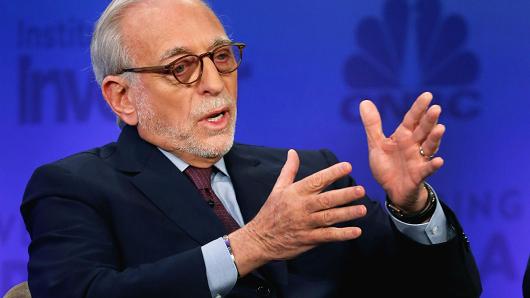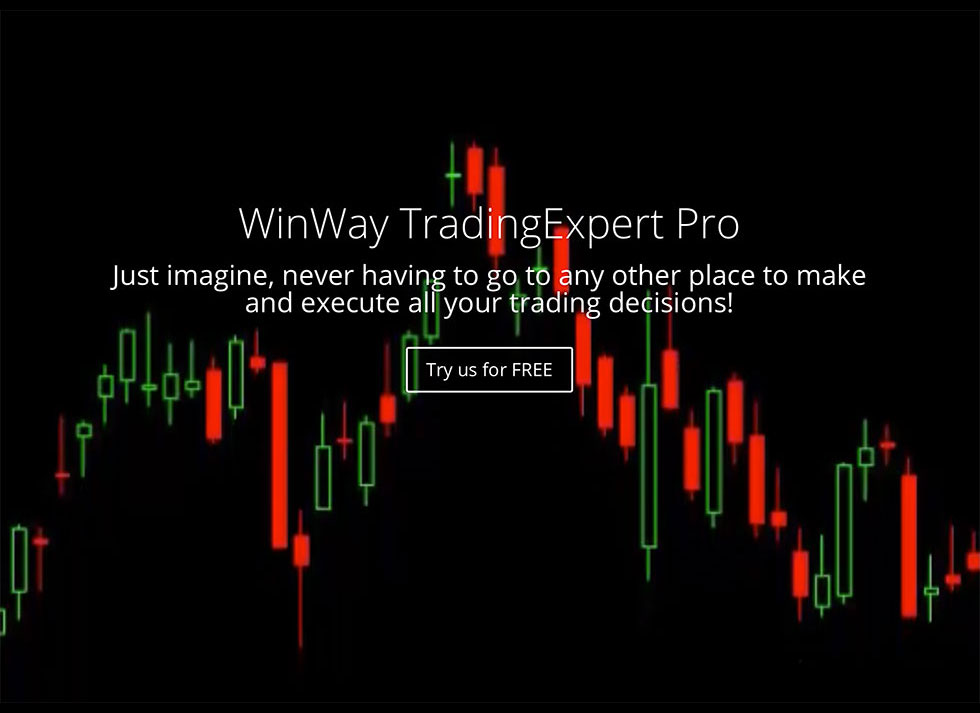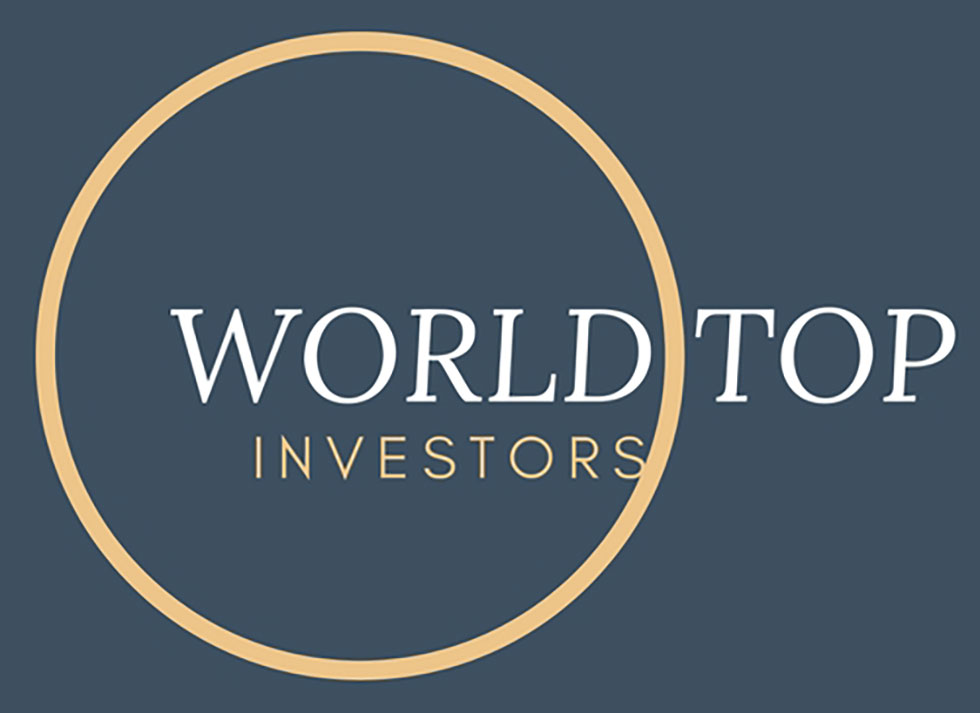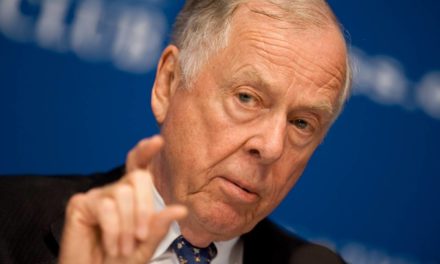In February 2014, Forbes listed Peltz as one of the 25 highest-earning hedge fund managers in 2013, with total earnings of $430 million, ranked 16th.
He is non-executive chairman of the Board of The Wendy’s Company and a director of Legg Mason, Mondelēz International and Ingersoll Rand. He was also formerly a director of H.J. Heinz Company.
Nelson Peltz was raised in a Jewish family in 1942 in Brooklyn, New York. He is the son of Claire (née Wechsler) and Maurice Herbert Peltz.
Peltz enrolled in the undergraduate program at the Wharton School of the University of Pennsylvania, where he joined the Fraternity of Phi Gamma Delta, but he dropped out in 1963.
He wanted to become a ski instructor in Oregon and instead ended up driving a delivery truck for A. Peltz & Sons, a wholesale food distribution business founded by his grandfather Adolph in 1896 where he delivered fresh produce and frozen food (Snow Top) to restaurants in New York.
Over the next 15 years he and his older brother, Robert B. Peltz, grew the business gradually shifting the product line from produce to institutional frozen foods. Over the next 10 years, Peltz bought up several food companies, and in 1972, he and his brother took their company, then called Flagstaff Corp., with $150 million in sales, public.
In 1982 his brother Robert bought back the assets of Peltz Food from Flagstaff after it went bankrupt.
In April 1983 Nelson Peltz (together with his business partner) bought a stake in vending-machine and wire company Triangle Industries Inc. with the idea of using it to make acquisitions, building it into a Fortune 100 industrial company.
Triangle was sold to Pechiney in 1988.
In 1997, Peltz and May acquired Snapple, from Quaker Oats. Snapple, together with other beverage brands was sold to Cadbury Schweppes in 2000. The Snapple turnaround was featured as a Harvard Business School case stud
In 2005, Peltz, May, and Ed Garden founded Trian Fund Management, L.P.
As an activist investing firm, Trian has invested in such companies as Heinz, Cadbury, Kraft Foods, Ingersoll Rand, Wendy’s, DuPont, Mondelēz, PepsiCo, State Street Corporation and Family Dollar.
Nelson Peltz was appointed to the Ingersoll-Rand board of directors in 2012.
In August 2013, it was reported that Trian held an approximate $1.25 billion stake in DuPont.
In May 2015, Trian was unsuccessful in a bitter proxy contest to appoint four of its nominees to the board of DuPont.
Five months later the CEO of DuPont, Ellen Kullman, resigned; at the time DuPont acknowledged lower than expected earnings and the need to accelerate a cost-cutting plan.
In October 2015, Trian bought a $2.5 billion stake in General Electric.
In February 2014, Forbes listed Nelson Peltz as one of the 25 highest-earning hedge fund managers in 2013, with total earnings of $430 million, ranked 16th
INVESTMENT STYLE
Nelson Peltz is an activist investor which is having a growing influence on democratic capitalism. Big capital (controlled by a few) can organize and take control of some of the largest multinationals who own the world’s most popular brands.
Democratic capitalism along with a democratic system of government as we know it no longer exists, instead what we have is a type of Kleptocracy (which means in ancient Greek ruled by thieves).
In other words, the impact that the average Joe has by voting in shareholders’ meetings and in the ballot-box is relatively insignificant. Moreover, it is how a tiny few rig the system in their favor. It is easy to win a game when you make all the rules. So a type of neofeudalism now exists – just five men own the same wealth as half the world’s population.
But let me keep this relevant. The activist investor leverages their capital by steering the direction of a company that best serves the interests of shareholders. Other stakeholders in the company, its consumers, employees, management, and the community are often less important for the activist investor.
So activist investing is often controversial.
Investors can make profits by watching the moves of activist investors and shadowing them. In short, when the likes of Carl Icahn and Nelson Peltz buy into a company chances are that the stock is about to shoot upwards (investors profit from the activist lift).
I spent most of my career operating businesses and fixing businesses, not staring at a Bloomberg screen – Nelson Peltz
LEARNING RESOURCES
The primary driver behind Nelson Peltz’s investment rationale is to achieve value in the operations stage of the business, which is where the end consumer is actually involved.
Peltz believes that companies cannot be successful unless consumers are fully satisfied, or unless they find value in the products of other competitors. Unlike many investors, who force the management to leverage their company in the hopes of making fast money, Peltz emphasizes on building business operations so that the maximum benefits accrue to shareholders.
Nelson Peltz’s most famous acquisition was that of the fluatering Snapple from Quaker Oats for $300 million in 1997. In 3 years time, Nelson Peltz worked his magic and sold it to Cadbury’s Schweppes for almost $1.45 billion. This deal was also referenced to be one of the most popular of the decade and was also featured as a case study at Harvard Business School.
I don’t mind anybody coming after me as long as they’re coming with facts – Nelson Peltz
CONNECT WITH INVESTOR
Follow this World Top Investor via their various social media channels and read more about their background and current investment interests on their official website:
Nelson Peltz
www.trianpartners.com

